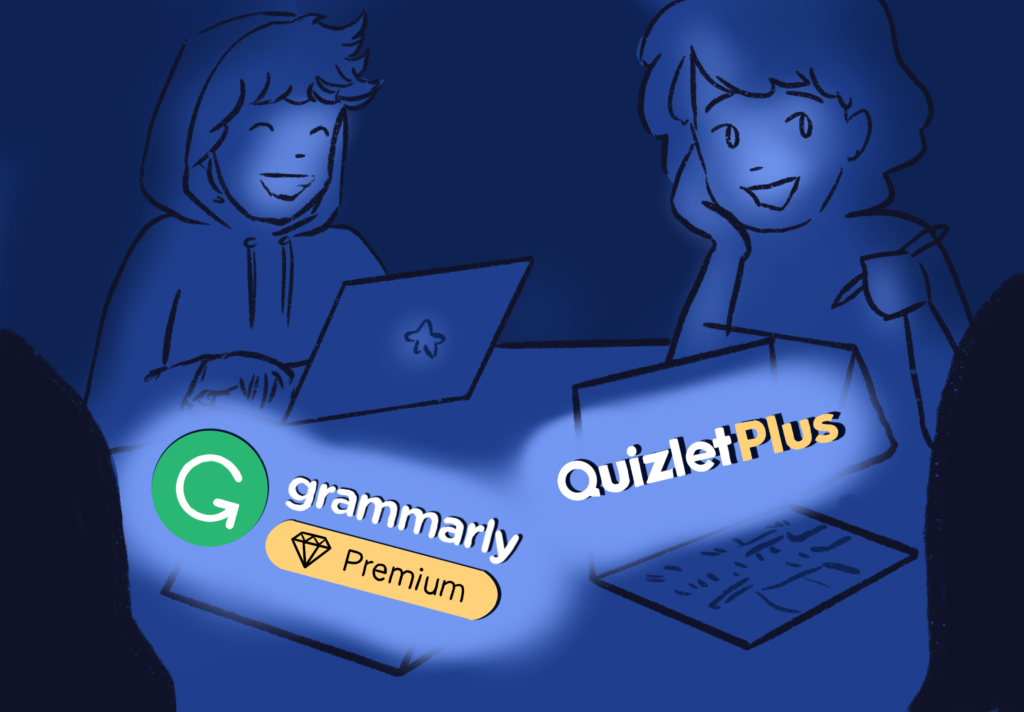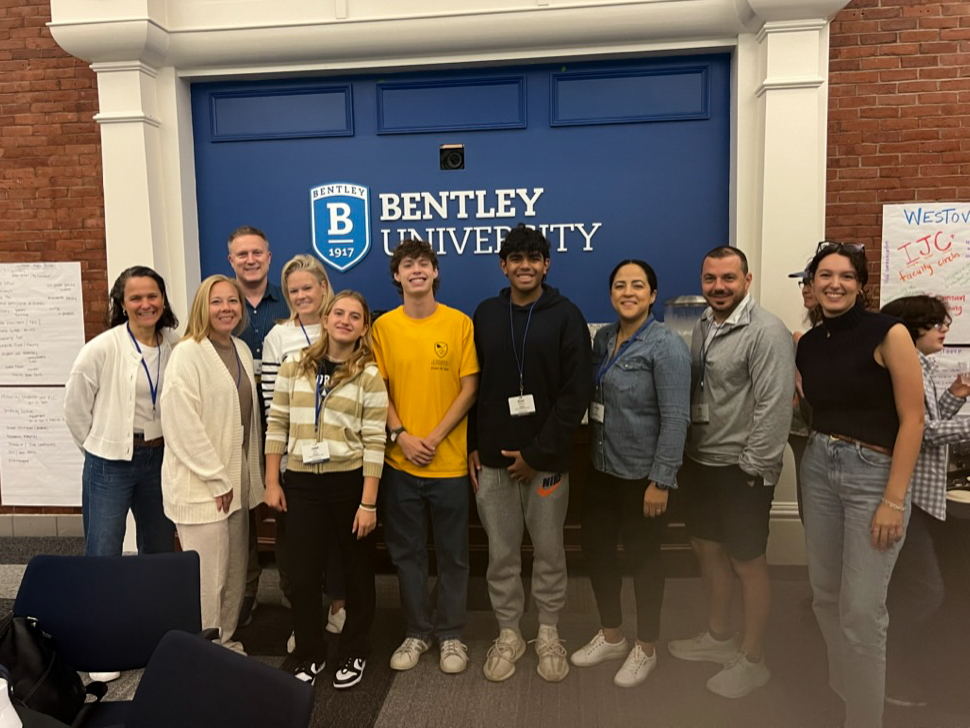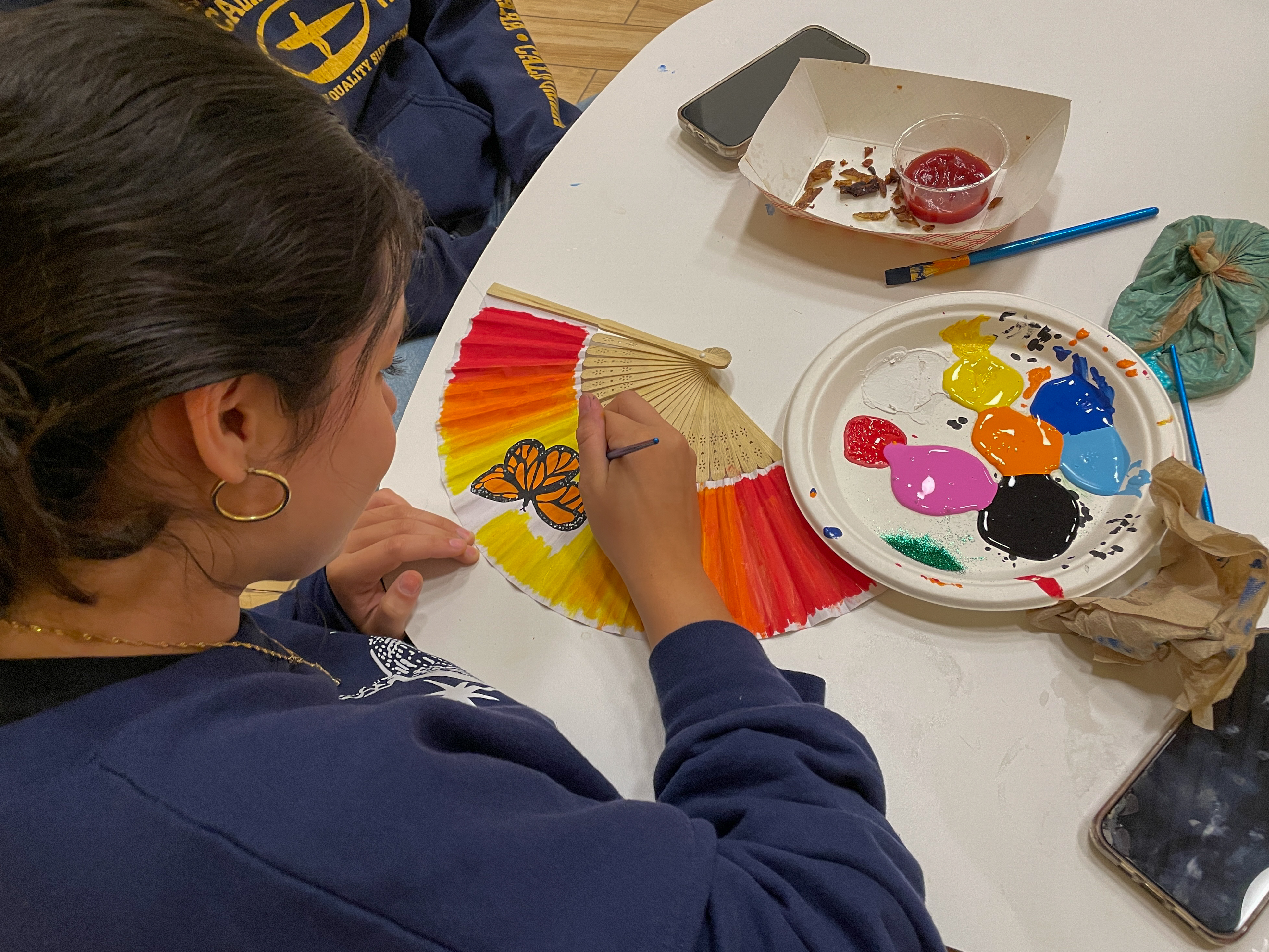Student Council discussed three proposals and passed one at an eventful meeting last Tuesday. An online Safe Haven resource may soon be created. A proposal by Fourth-form Representative Ula Lucas ’20, which passed unanimously, aims to make the text of the policy more accessible to the student body. Another popular proposal, presented by Fifth-form President Vikram Sharma ’20, aims to remove restrictions on Wi-Fi hours for fifth-and sixth-form students. Sharma said, “The current system is an equity issue. Most upperclassmen at Choate cannot finish their work before the Wi-Fi shuts off, and not everyone can afford data or hotspots.” According to Student Body President Itai Mupanduki ’19, Wi-Fi restrictions are also inconsistent with other rules for boarding students. The School, he said, “does not give juniors and seniors lights-out. They think we have the maturity to handle it. So it does not make sense that they make restrictions on Wi-Fi.” The third proposal, which many feel could bring about significant positive change to the School’s culture, was presented by Sixth-form Representative Carly Casazza ’19. Casazza’s proposed an amendment to the visitation policy, but it soon blossomed, eventually encompassing policies to more strongly en-courage healthy relationships. The proposal includes three sections: Expanded Awareness, Handbook Amendment, and Cultural Change. The frst part covers the value of providing the student body with realistic depictions of healthy and unhealthy relationships, such as the plays Slut! and Now That We’re Men, both of which were presented at Choate in the 2016-2017 school year. The proposal also would allow students in healthy relationships to have more privacy during visitation hours with the permission of their parents and the house adviser. Casazza’s proposal also emphasized the importance of proper consequences for so-called “locker room talk.” The current disciplinary response for sexual harassment, according to Sixth-form President Tippa Chan ’19, “[is] purposefully a gray area. It’s very subjective.”




